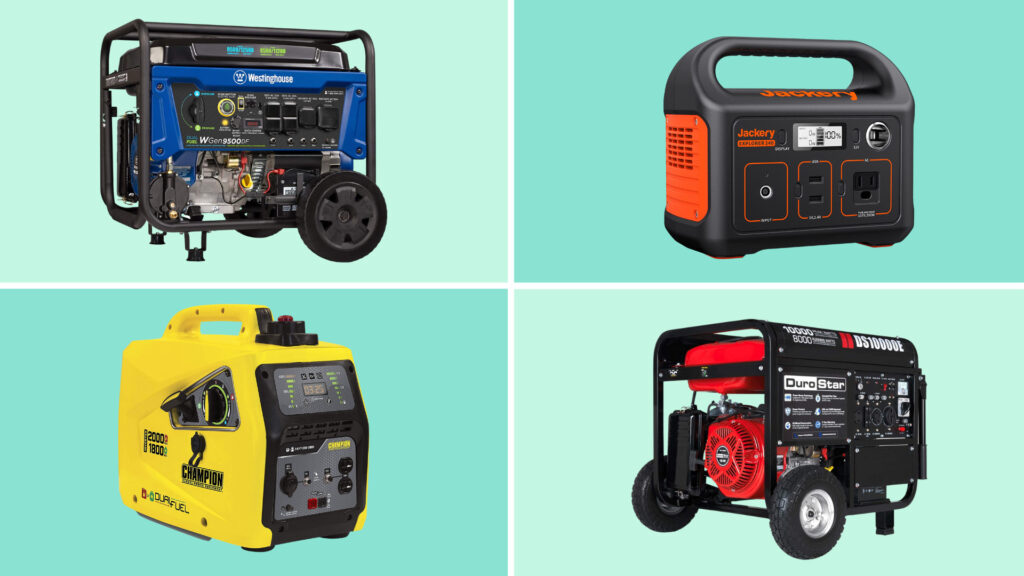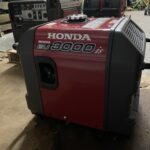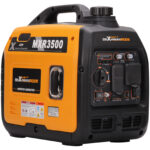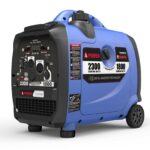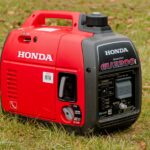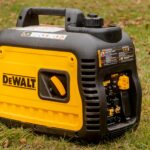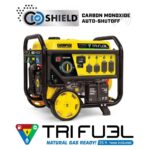Are you looking for the best storm generator to meet your generator needs? Storm generators are essential for anyone who needs to keep the lights on during inclement weather. Whether you’re looking for a generator to provide power to your home or business during a storm, or need a generator to power your outdoor events, you’ll want to make sure you get the best storm generator for the job. In this article, we’ll discuss the different types of storm generators available and help you find the best storm generator for your needs.
Portable Generators
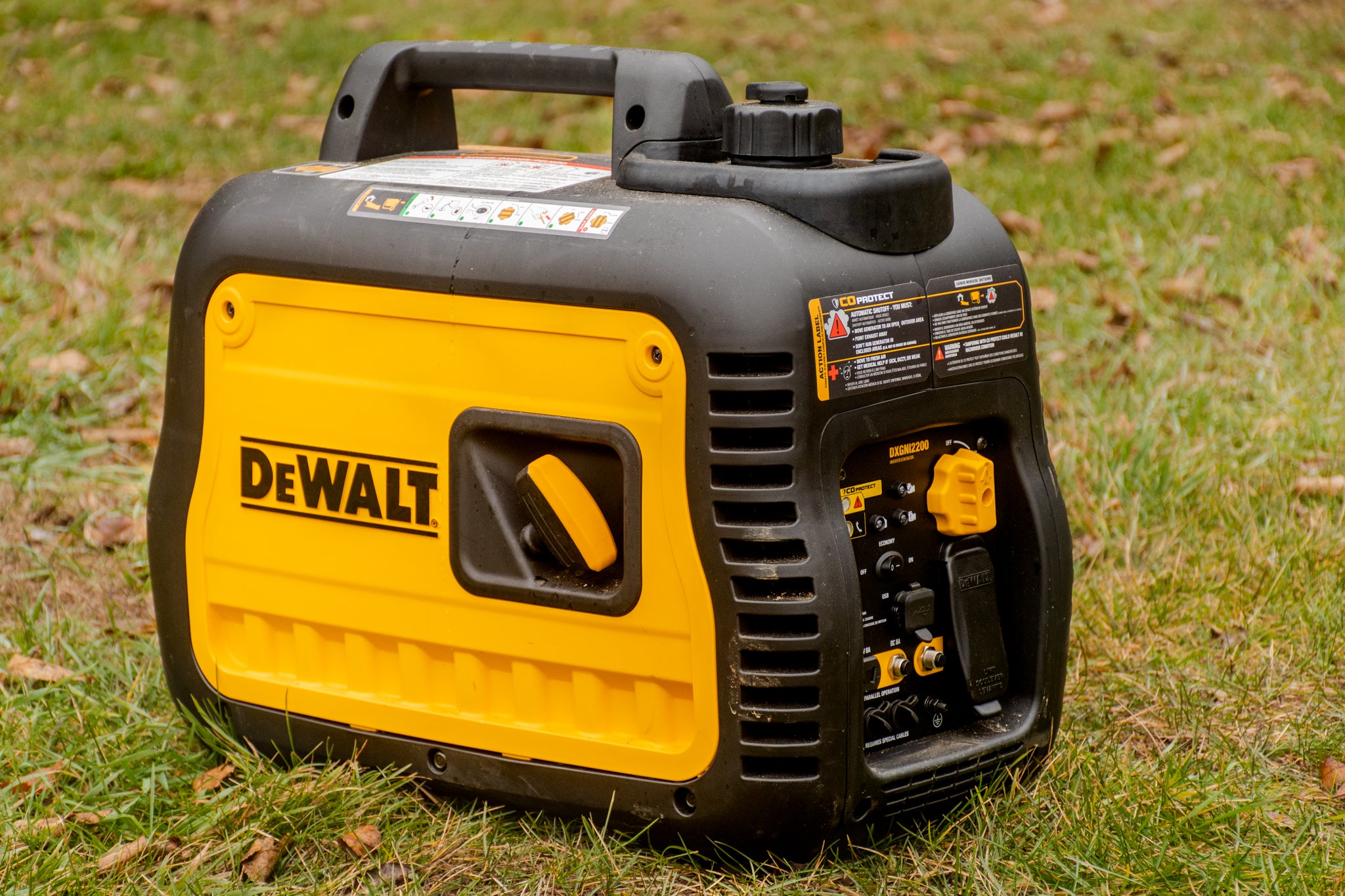
Portable generators are a great choice for those who need power on the go. They are lightweight, easy to transport and can be used for a variety of applications. They are also very affordable and can be powered by gasoline, diesel, or propane. Portable generators are ideal for camping, tailgating, and other outdoor activities.
Standby Generators
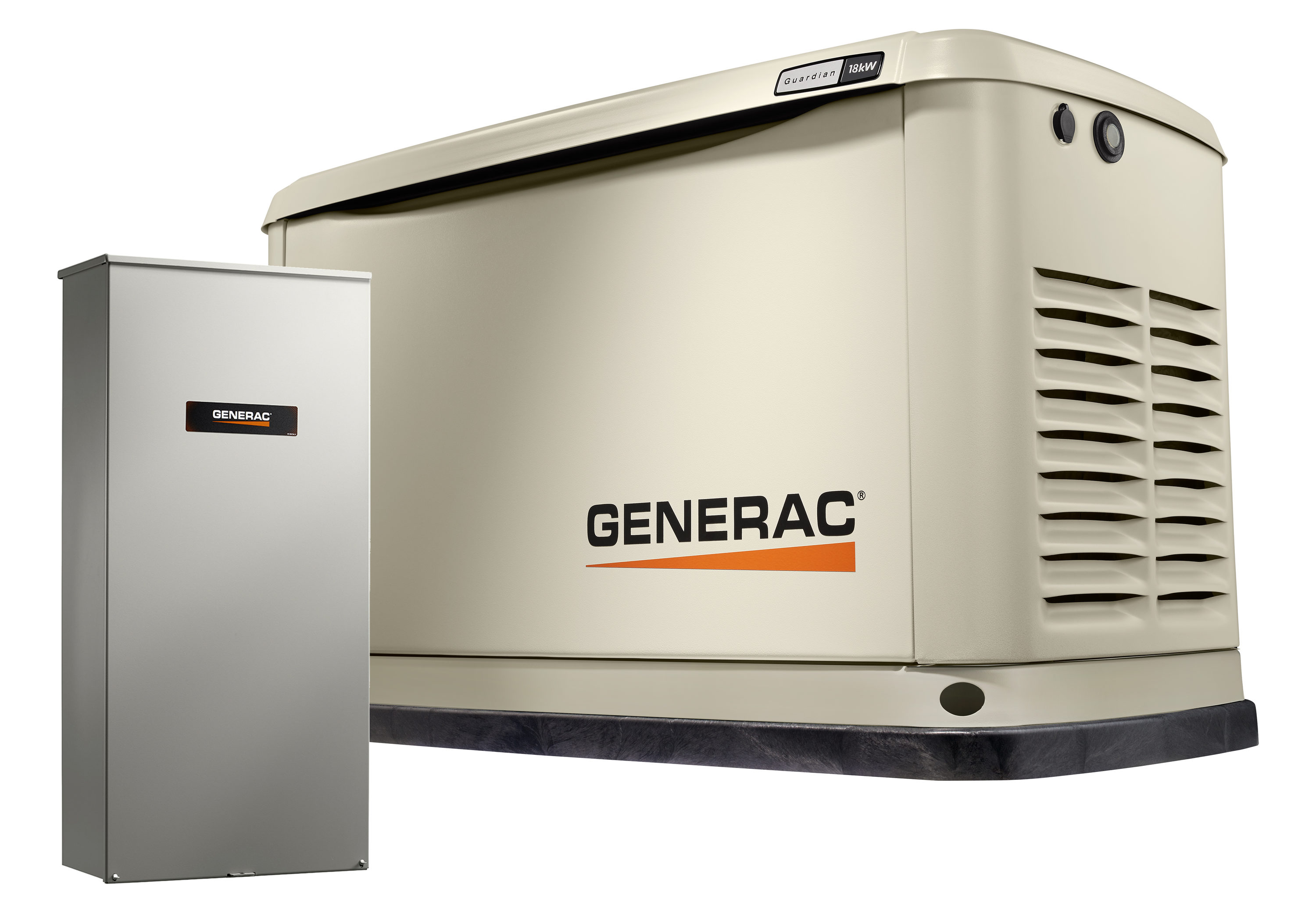
Standby generators are larger, more powerful options and are designed to provide backup power during extended power outages. They are permanently installed outside of the home and are connected to the home’s electrical system. Standby generators are powered by natural gas or propane and can provide enough power to keep the entire home running during a power outage.
Power Rating
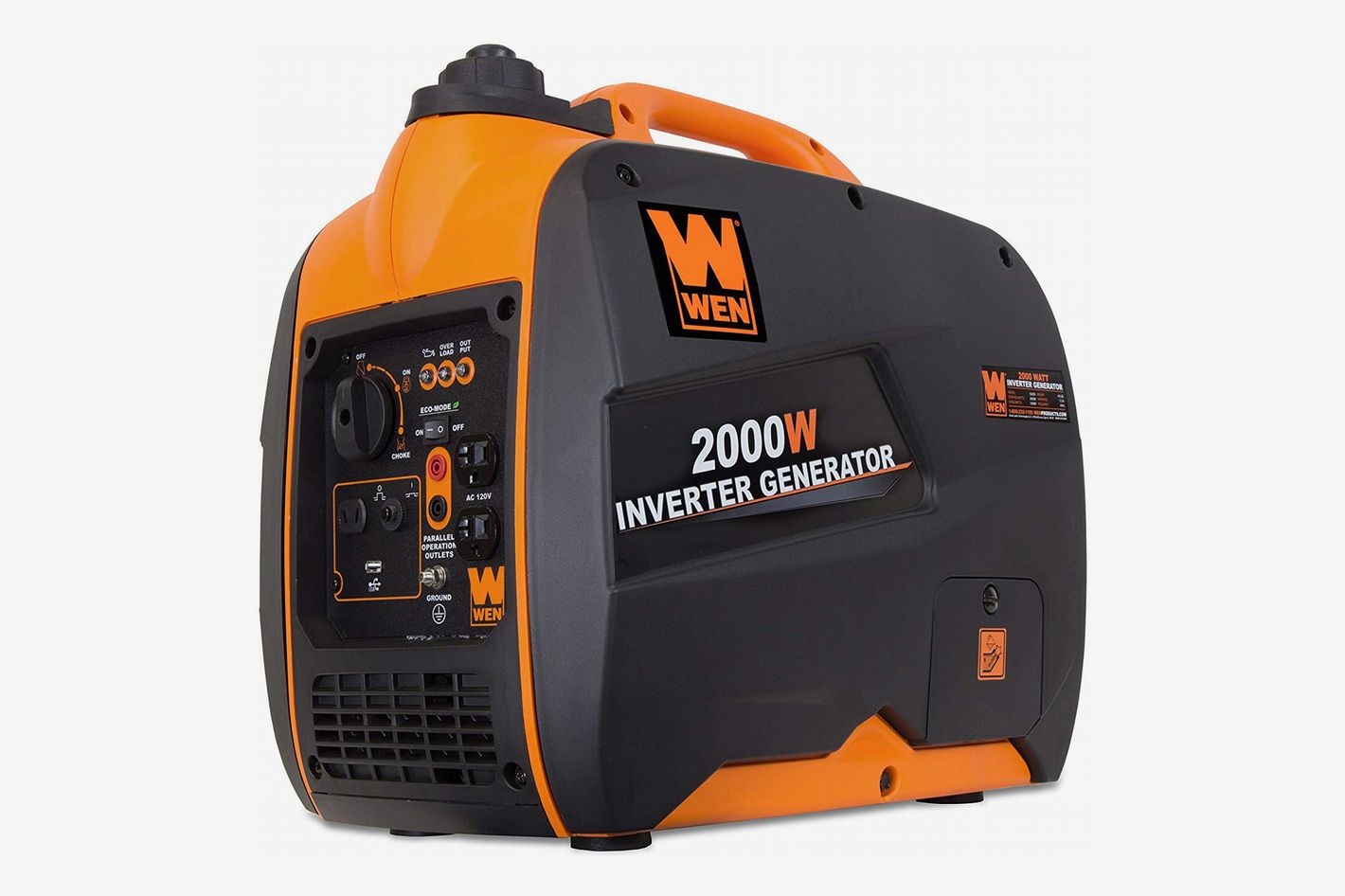
When choosing a storm generator, consider the power output. The power output is measured in watts and is the maximum amount of electricity the generator can produce. The more watts the generator can produce, the more appliances and devices it can power.
Fuel Type
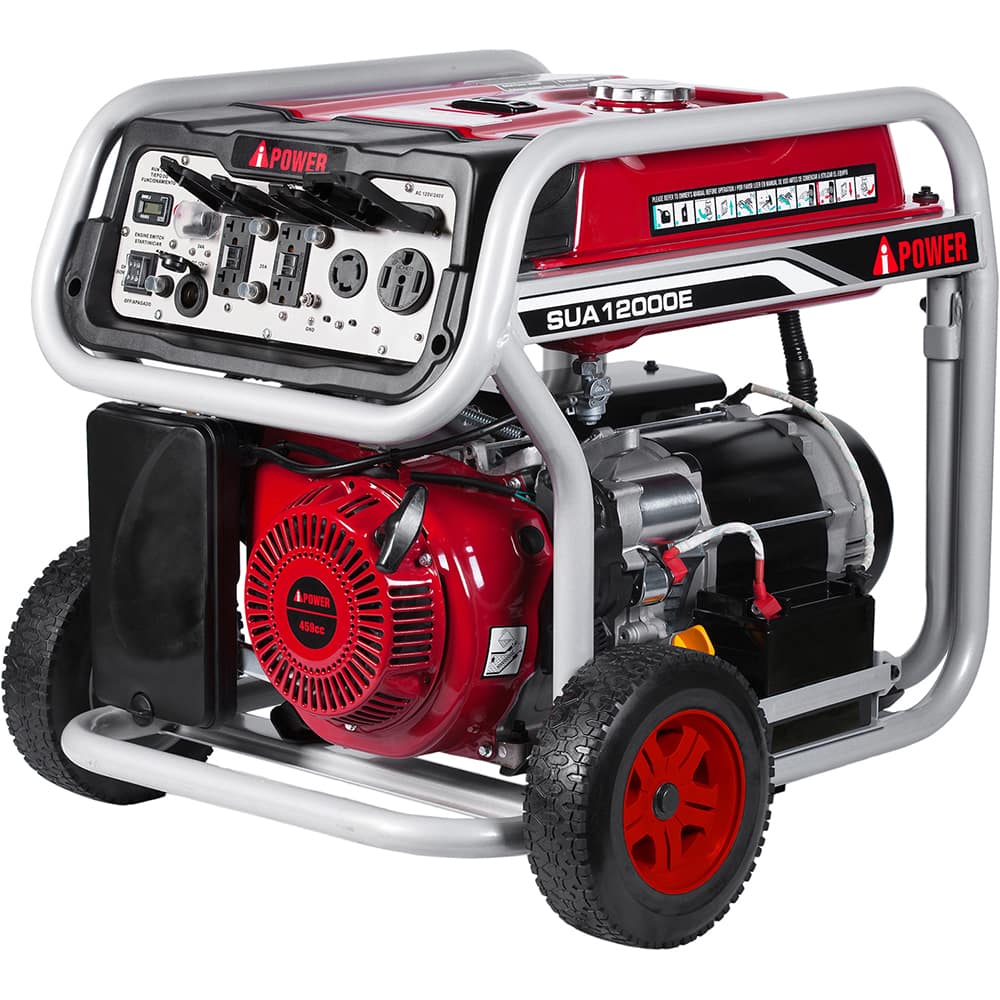
Most storm generators rely on gasoline for fuel. Some models may also use diesel, propane, or natural gas. When selecting a fuel type, consider your availability to the fuel, its cost, and how long it will last in the generator.
Noise Level
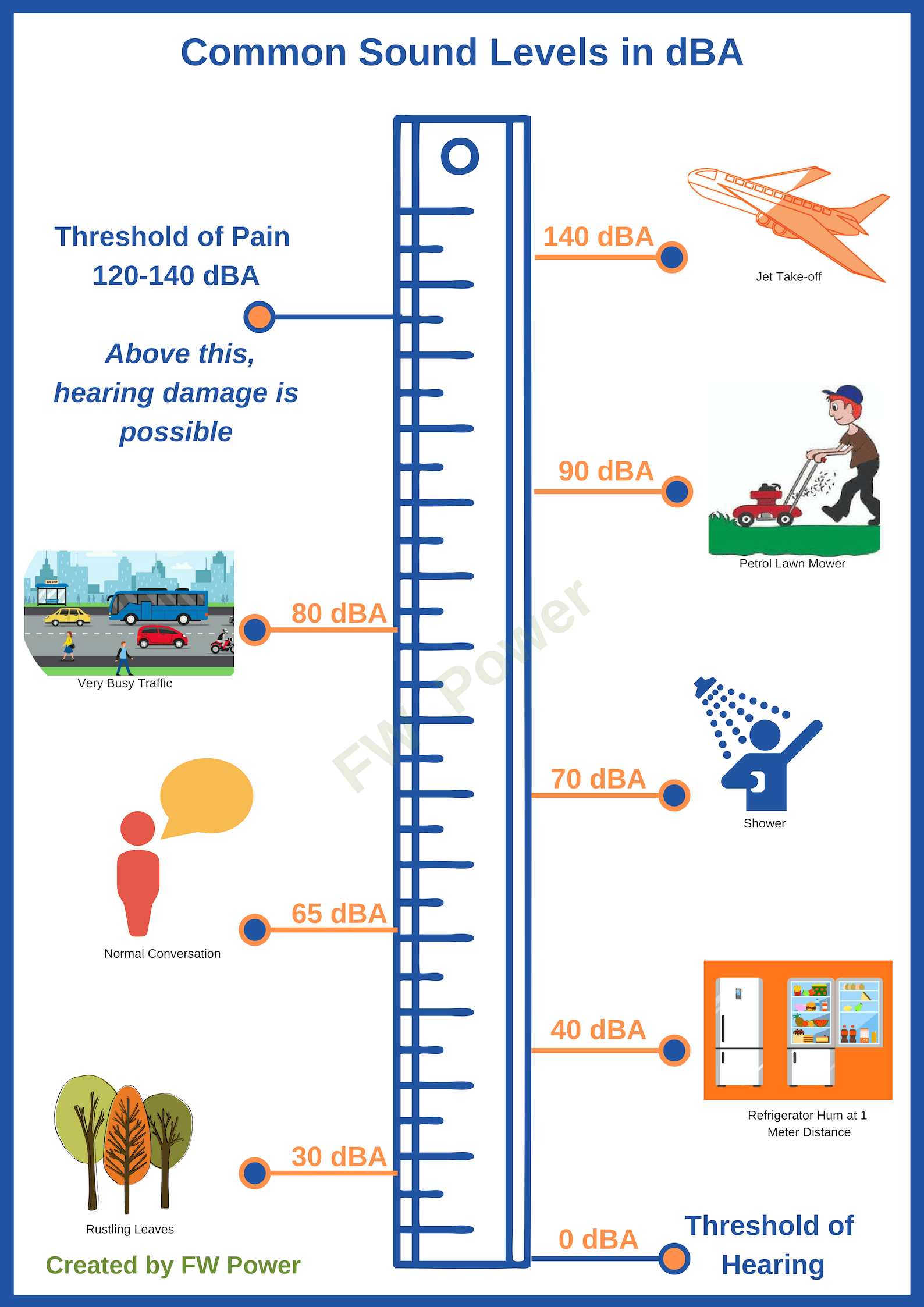
The noise level of a storm generator is measured in decibels (dB). The higher the decibel rating, the louder the generator will be. Consider the noise level of the generator in relation to your environment and local noise regulations.
Portability
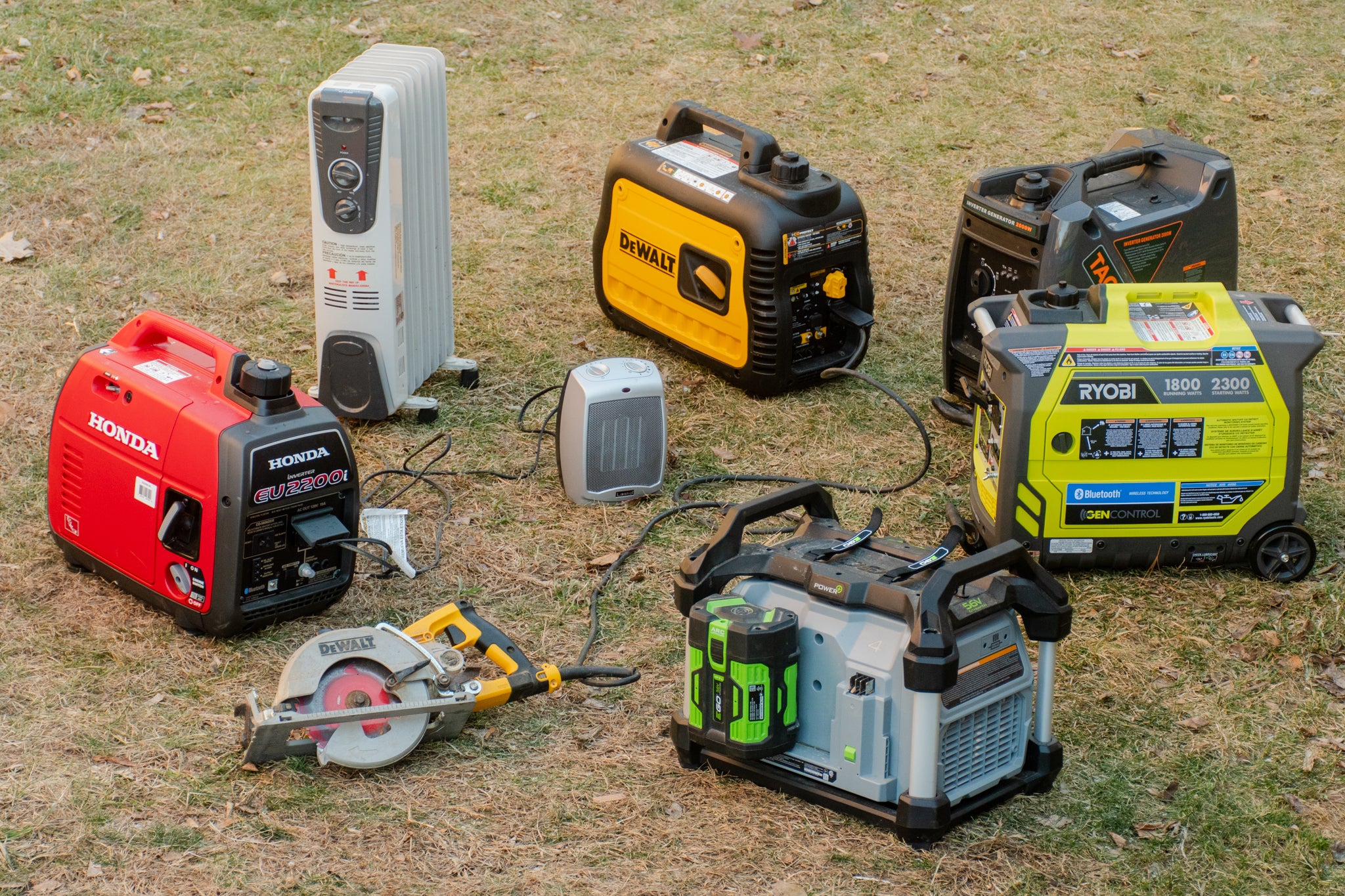
The portability of a storm generator is important if you plan to take it to different locations. Consider the size, weight, and handle design of the generator when making your decision. Look for features like wheels, foldable handles, and lightweight materials to make the generator easier to move.
Best Portable Generators for Storms
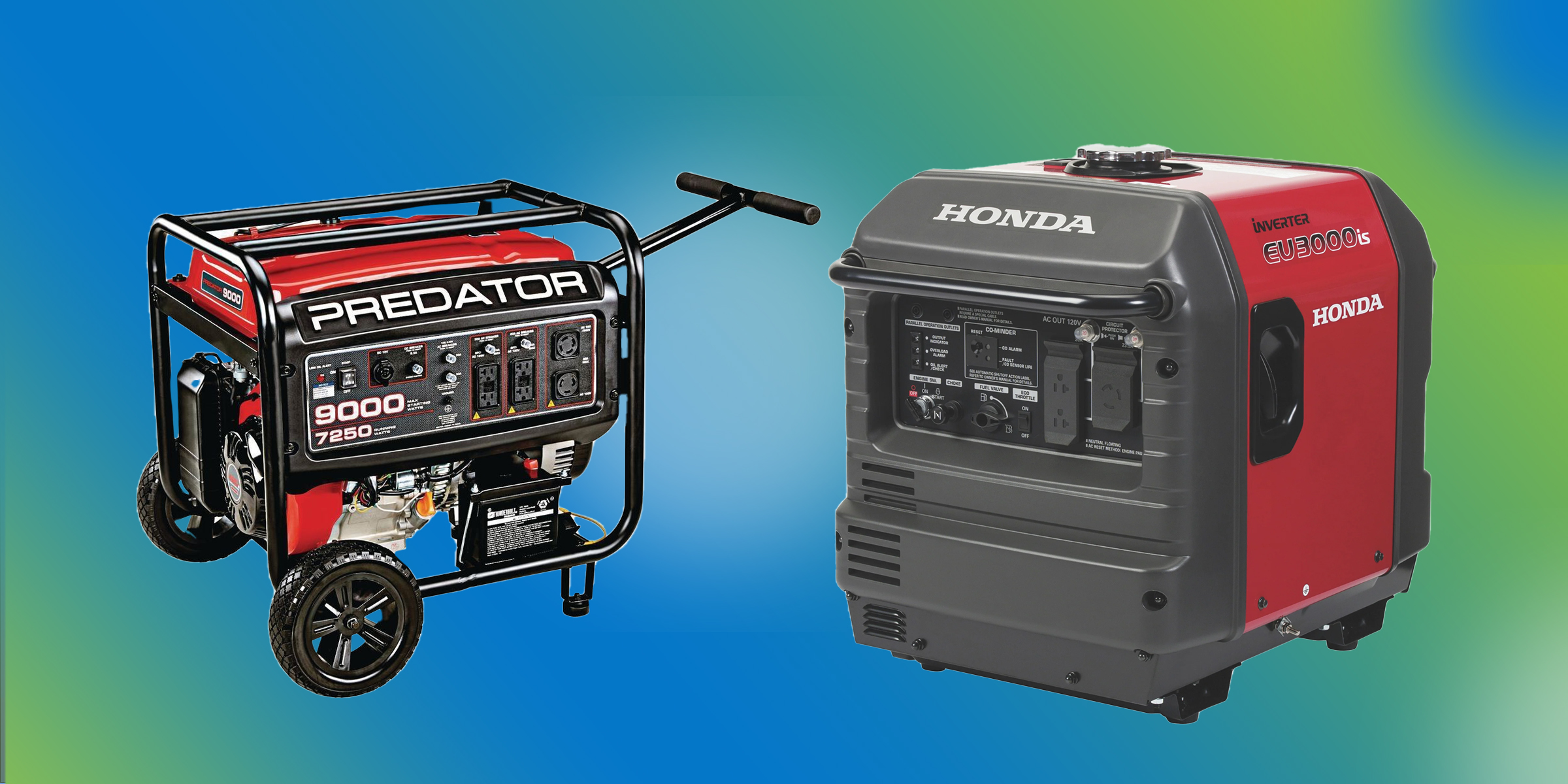
Portable generators can be a lifesaver during a storm. When a power outage occurs, a generator can be used to provide electricity to keep your home running. There are several different types of portable generators available, so it can be difficult to determine which one is best for your needs. Here are some of the best portable generators for storms:
• Honda EU2200i: This generator is quiet, fuel-efficient, and powerful. It has a maximum output of 2200 watts, which is enough to power several appliances in your home. It is also easy to transport and store, making it ideal for storms.
• Generac GP2200i: This generator is also quiet and efficient. It has a maximum output of 2200 watts and is also easy to transport. It is also a good choice for those looking for a generator that is easy to maintain.
• Westinghouse WGen7500: This generator is powerful and reliable. It has a maximum output of 7500 watts, making it suitable for larger homes. It is also fuel-efficient and easy to transport.
• Champion 75537i: This generator is one of the most powerful and reliable models available. It has a maximum output of 7500 watts and is also fuel-efficient. It is also easy to transport and store.
When purchasing a portable generator, it is important to consider the size and power needs of your home. Some models are better suited for larger homes, while others are more suitable for smaller homes. Be sure to read the instructions and follow the manufacturer’s guidelines for safe operation.
1. Briggs & Stratton P3000
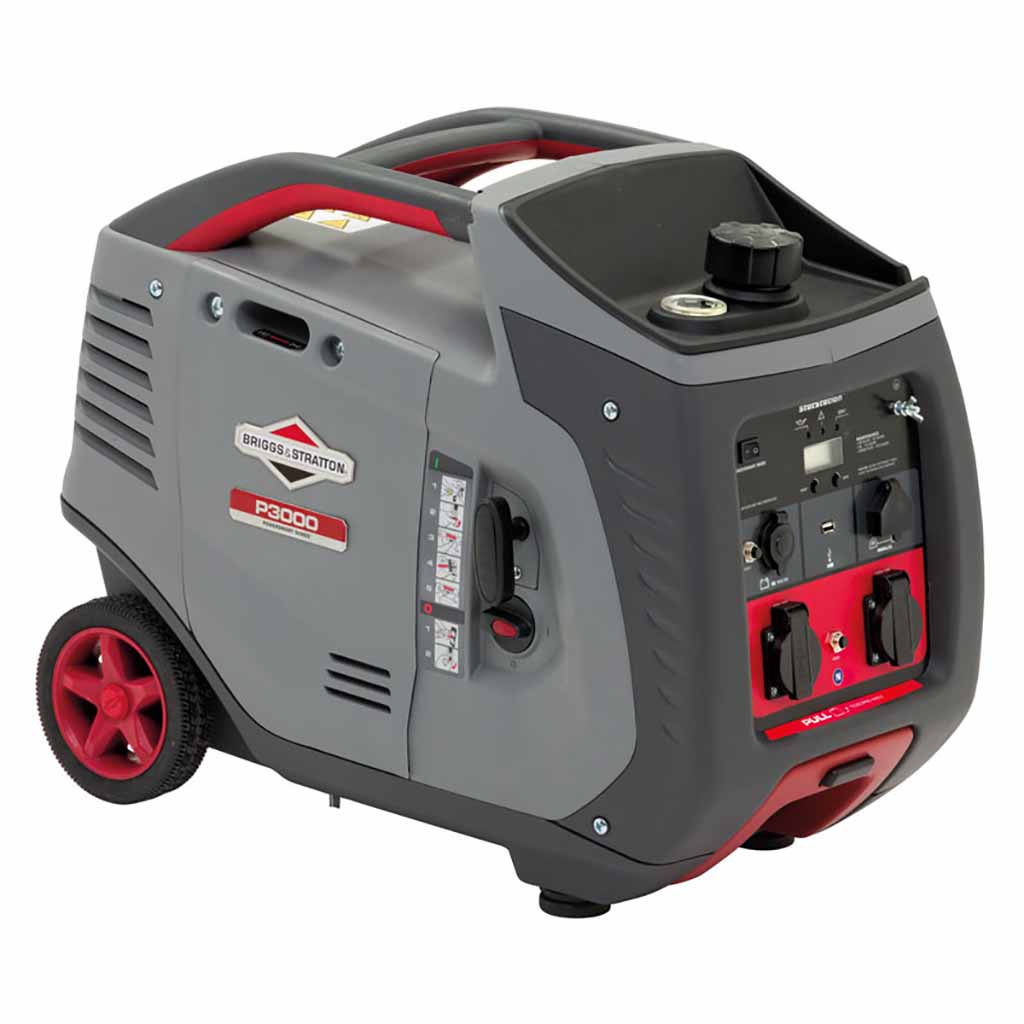
| Rating | Power | Run Time (50%) | Noise Level | Price |
|---|---|---|---|---|
| 4.5/5 | 3000W Starting, 2600W Running | 10 hours | 69dB | $699.00 |
The Briggs & Stratton P3000 is a portable generator that is perfect for powering through storms and other power outages. This generator has a maximum power of 3000W and a running power of 2600W, making it powerful enough to handle most storm-related tasks. It runs for 10 hours on a 50% load, and its noise level maxes out at 69dB, so you won’t have to worry about it bothering your neighborhood. All of this power and convenience comes at a price, as the P3000 retails for $699.00.
2. Generac GP3000i
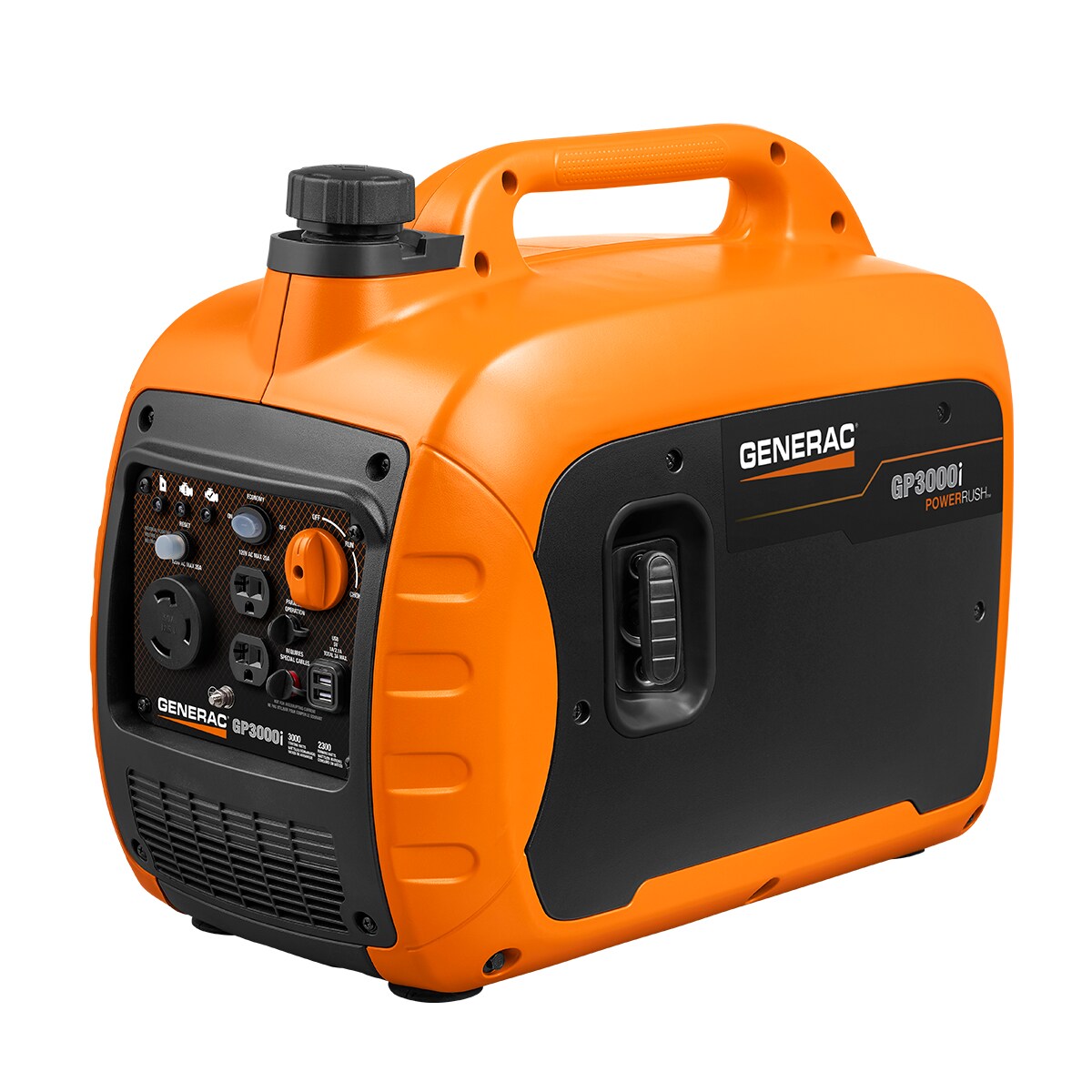
| Rating | Price | Start Type | Run Time |
|---|---|---|---|
| 4.4/5 | $$$ | Recoil & Electric | 11hrs @ 25% load |
The Generac GP3000i is a powerful storm generator that offers a maximum wattage output of 3,000W and a surge wattage output of 3,750W. It is powered by a 212cc Generac OHV engine and is equipped with an electric start and a recoil start. The fuel tank has a capacity of 1.2 gallons and the engine has a run time of 11 hours at 25% load. The generator also has two 120V AC outlets, one 12V DC outlet, a low-oil shutdown, as well as an overload protection. It also has a noise level of 68dB and comes with a two-year limited warranty.
3. Champion 76533
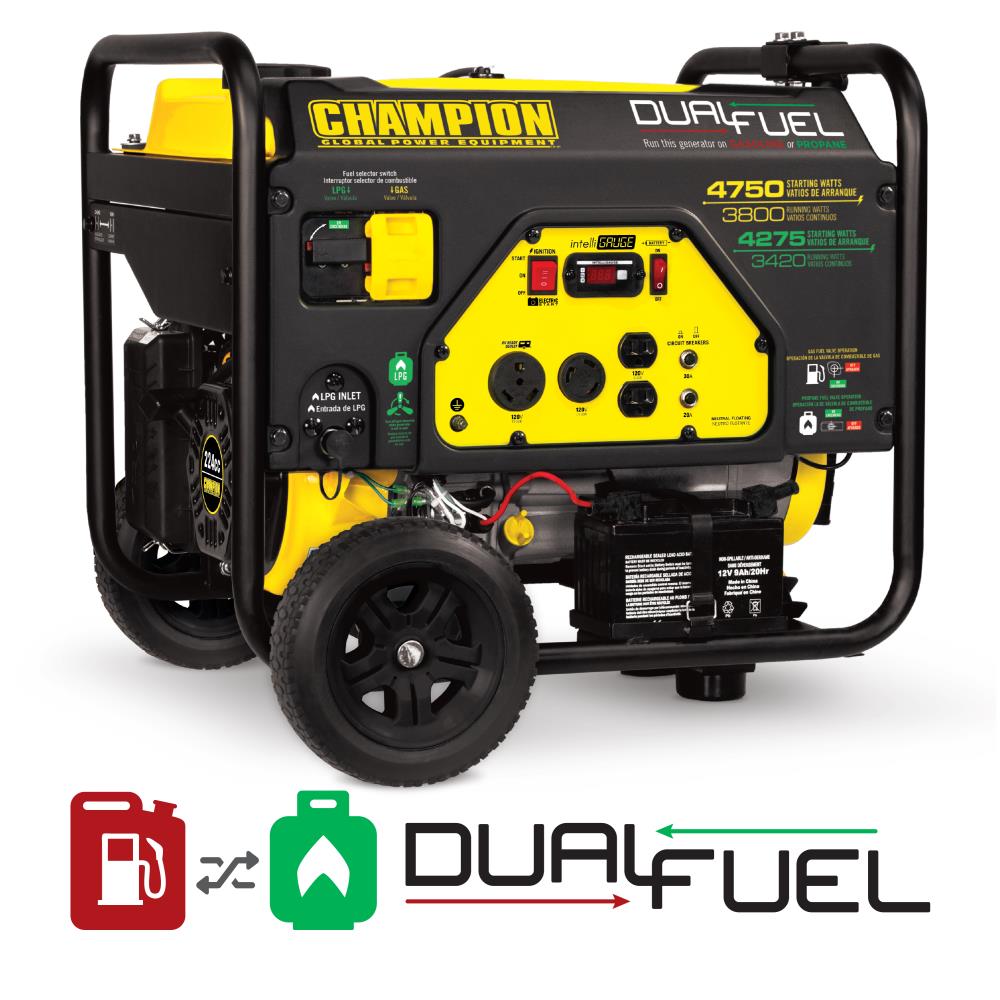
- 7,500-watt generator with 439cc Champion engine.
- Features Intelligauge, Volt Guard™ and Cold Start Technology for easy start in cold weather.
- Equipped with a large-capacity steel fuel tank for up to 9 hours of run time at 50% load.
- Outlets: (1) 120/240V 30A locking, (1) 120V 30A locking, (1) 120V 30A RV, (2) 120V 20A GFCI.
- Compact design with integrated carrying handles and never-flat tires for convenient portability.
4. Westinghouse WGen7500
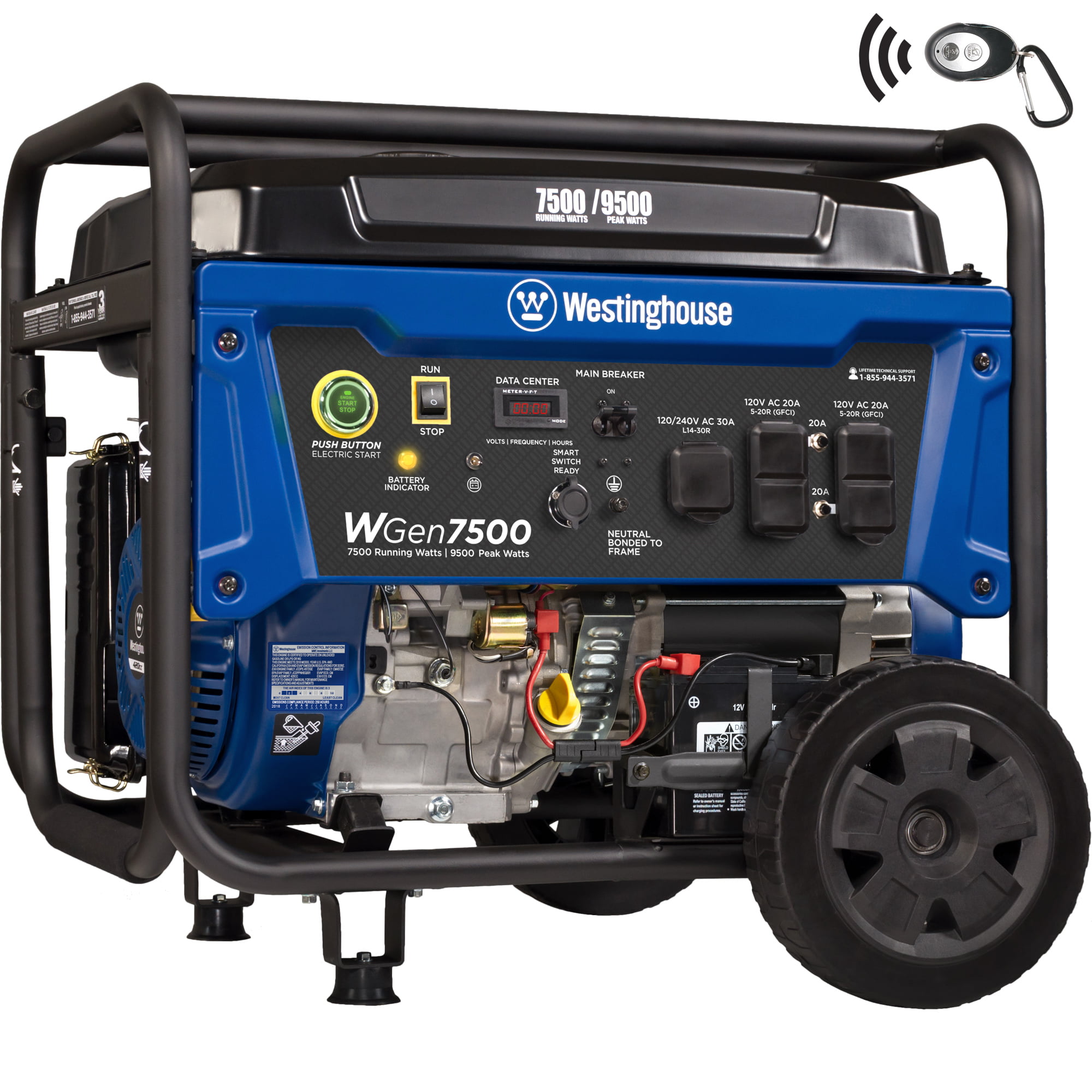
| Features | Specifications |
|---|---|
| Engine | 420cc Westinghouse 4-Stroke OHV Engine |
| Rated Output | 9,500 Running Watts/12,500 Starting Watts |
| Voltage | 120/240V |
| Outlets | 4 x 120V 20A (5-20R) Household Duplex, 1 x 120V/240V 30A (L14-30R) Twist Lock, 1 x 120V/240V 50A (14-50R) RV Ready |
| Dimensions | 29.7 x 27.2 x 26.8 inches |
| Weight | 201 lbs |
The Westinghouse WGen7500 is a powerful storm generator with an impressive 9,500 Running Watts/12,500 Starting Watts. This generator is powered by a 420cc Westinghouse 4-Stroke OHV Engine and has an operating voltage of 120/240V. It also features a wide range of outlets, including 4 x 120V 20A (5-20R) Household Duplex, 1 x 120V/240V 30A (L14-30R) Twist Lock, and 1 x 120V/240V 50A (14-50R) RV Ready. The Westinghouse WGen7500 is 29.7 x 27.2 x 26.8 inches in size and weighs 201 lbs.
5. Yamaha EF3000iSEB
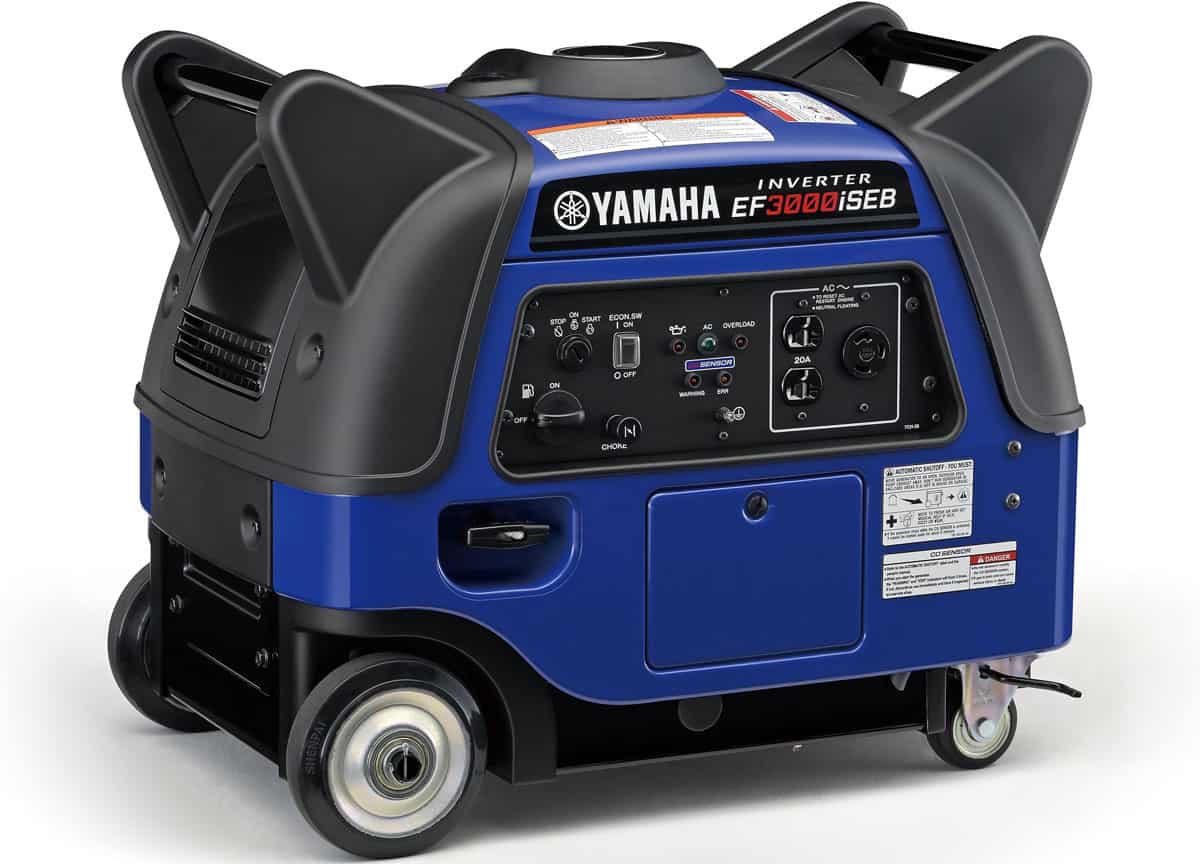
| Type | Inverter |
|---|---|
| Power Output | 3000W |
| Fuel Type | Gasoline |
| Noise Level | 51.5 dB |
| Run Time | 9.6 hrs at quarter load |
| Features | Smart Throttle, Electronic Fuel Injection, Noise Block System, Oil Watch Warning System, Electric Start |
The Yamaha EF3000iSEB is an inverter generator, producing 3000W of power. It uses gasoline for fuel, and has a noise level of 51.5 dB. It has a run time of 9.6 hours at a quarter load, and features the innovative Smart Throttle, Electronic Fuel Injection, Noise Block System, Oil Watch Warning System, and Electric Start. It’s an ideal choice for storm-related power outages.
Best Standby Generators for Storms
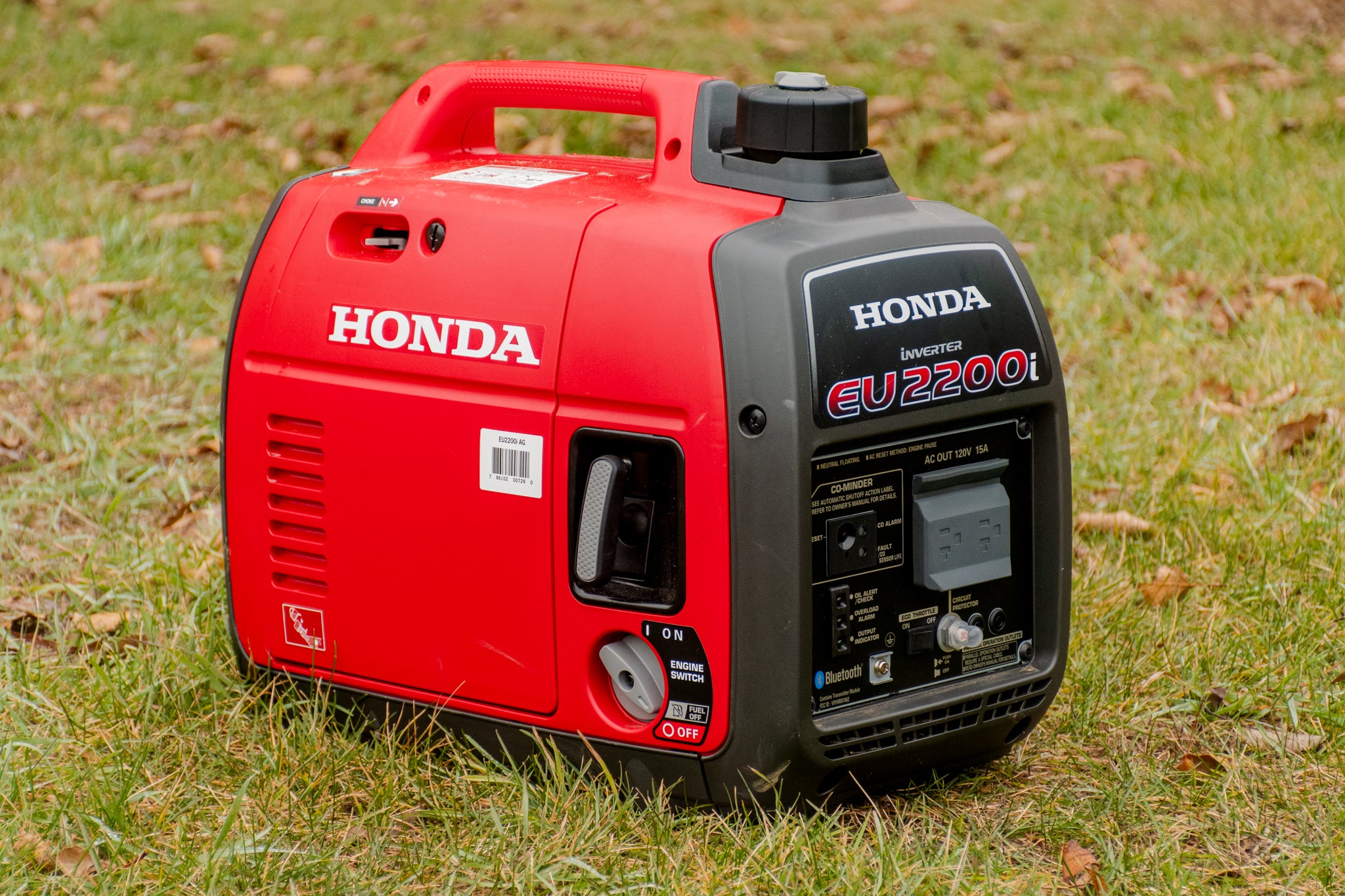
Standby generators are a reliable source of power when storms, natural disasters, and other unexpected power outages occur. They provide an uninterrupted supply of electricity, so you can keep your home or business running during a power outage. Standby generators are a great option for ensuring that your appliances, devices, and lights stay on during a storm. Here are some of the best standby generators for storms:
1. Generac Guardian Series – This is a great option for homes and small businesses. It runs on natural gas or liquid propane and delivers reliable power during a storm.
2. Briggs & Stratton 40346 – This generator is designed for larger homes and businesses. It runs on natural gas and offers up to 10,000 watts of power.
3. Kohler 20RESAL-200SELS – This generator runs on natural gas or liquid propane and offers up to 20,000 watts of power. It is designed for homes and businesses that require a high level of power.
4. Westinghouse WGen7500 – This generator is designed for larger homes and businesses that require a high level of power. It runs on natural gas and provides up to 9,500 watts of power.
5. Generac CorePower – This generator runs on natural gas or liquid propane and provides up to 20,000 watts of power. It is designed for larger homes and businesses and offers reliable power during a storm.
These are some of the best standby generators for storms. Make sure to research each generator before making a decision so you can choose the best one for your needs.
1. Generac Guardian Series
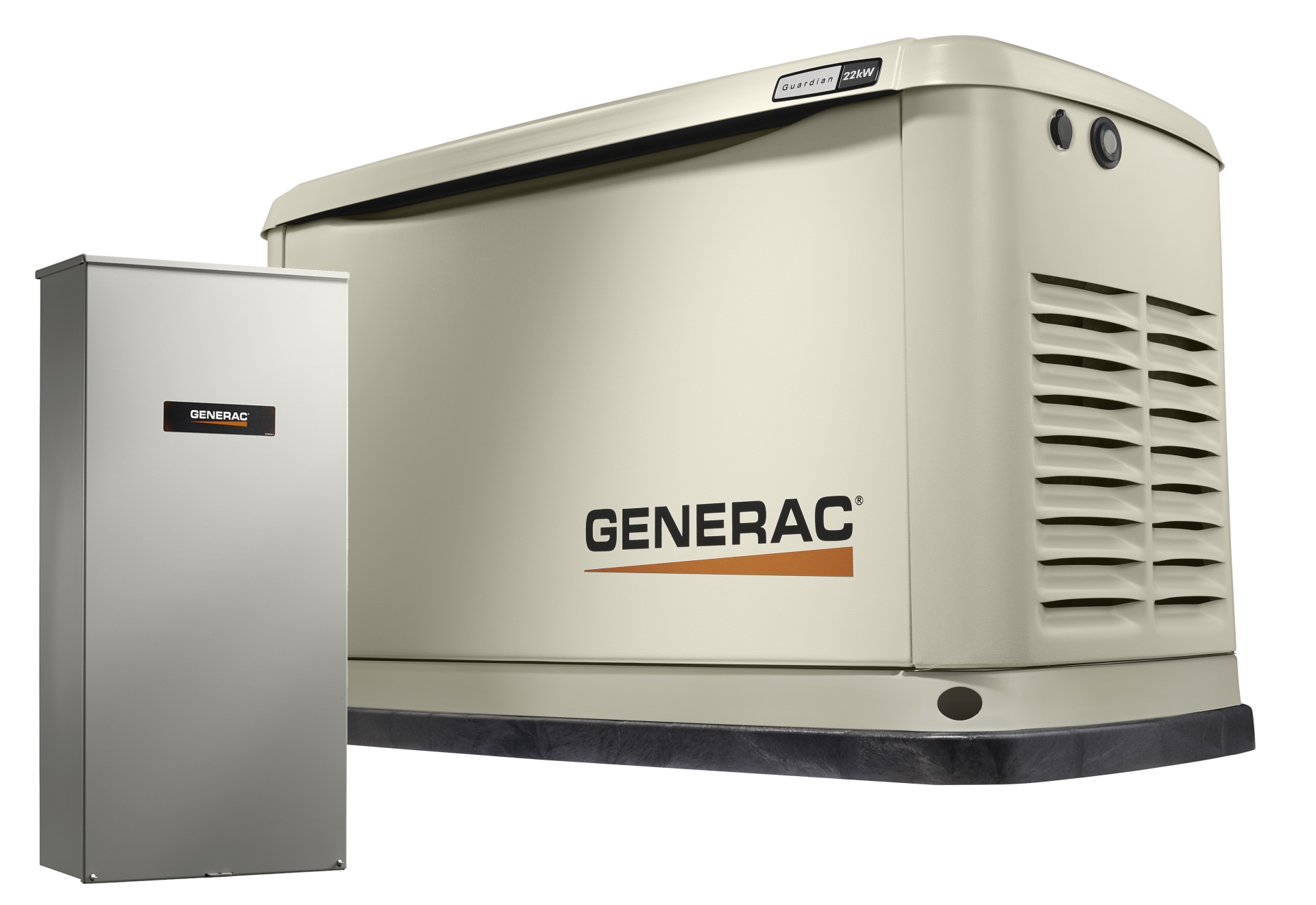
The Generac Guardian Series is a top-rated storm generator known for its robust construction, reliable performance, and easy setup. This generator offers an impressive 22kW of power, making it ideal for larger households and businesses. It comes with a transfer switch and includes a 5-year limited warranty. It also offers a Quiet-Test mode that runs the generator at a lower volume while you test its operation. The Guardian Series is designed to run on natural gas or liquid propane, giving it maximum flexibility. It also includes a mobile link monitoring system which allows you to connect to your generator via smartphone and track its performance.
2. Briggs & Stratton 40346
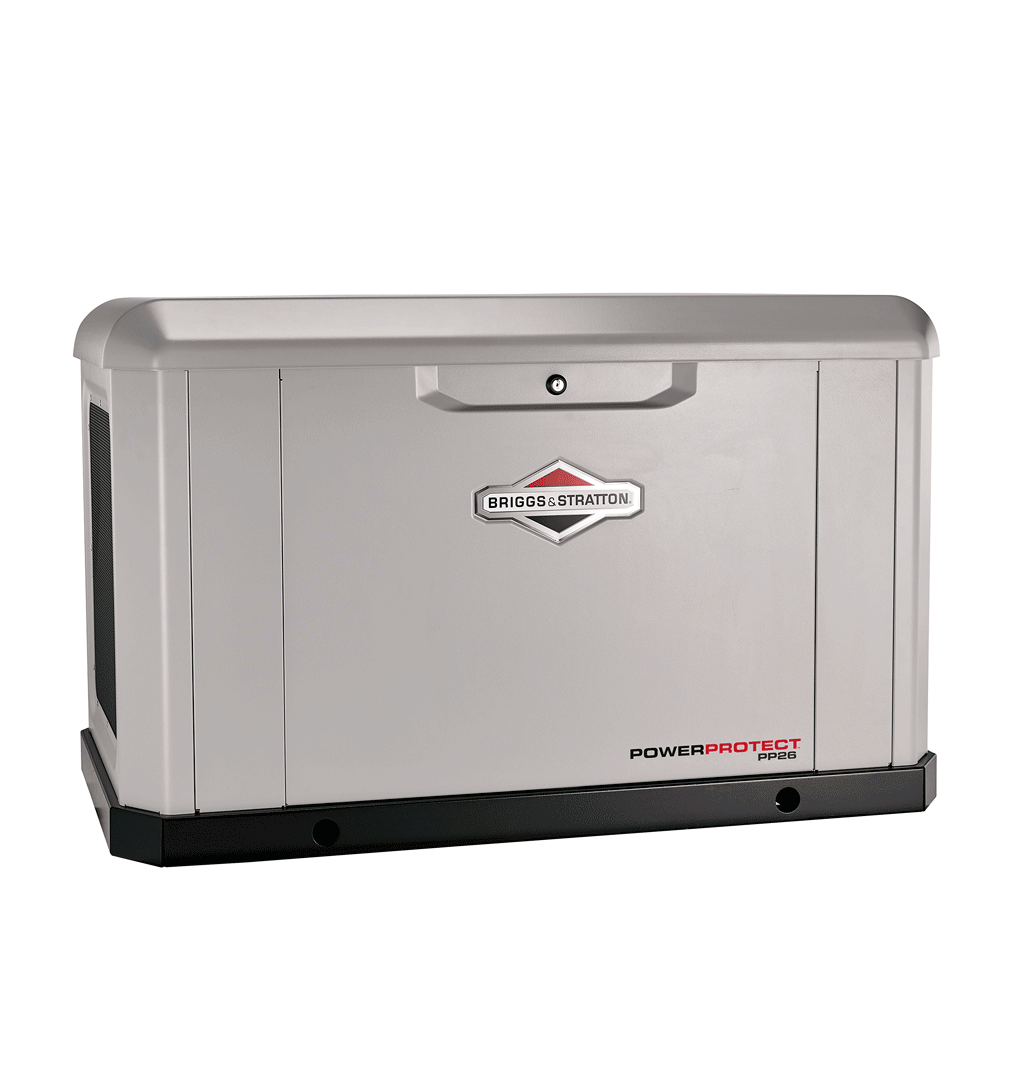
- 7000 running watts and 9000 starting watts.
- 412cc OHV engine.
- 8-gallon fuel tank capacity.
- 12 hour run time at 50% load.
- Electric start.
- Circuit breaker protected outlets.
- 5-year limited warranty.
3. Champion 100176
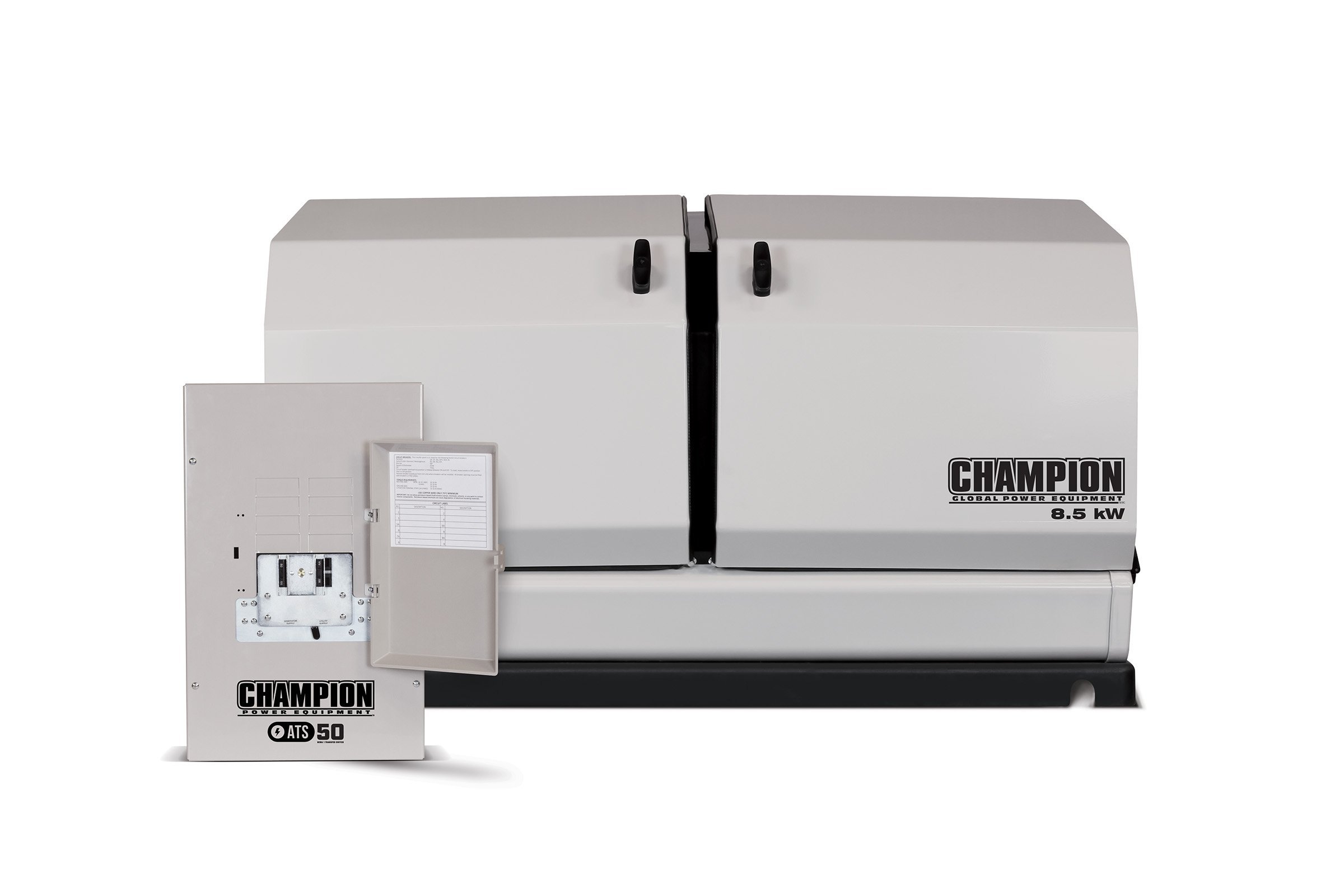
| Feature | Specification |
|---|---|
| Power Output | 7000 watts |
| Run time | 9 hours on a full tank of gas |
| Noise Level | 68 decibels |
| Weight | 220 lbs |
The Champion 100176 is a powerful storm generator with a maximum power output of 7000 watts. It has a 9 hour run time on a full tank of gas, and a noise level of 68 decibels. It weighs 220 lbs, making it one of the heavier generators on the market.
4. Kohler 20RESCL
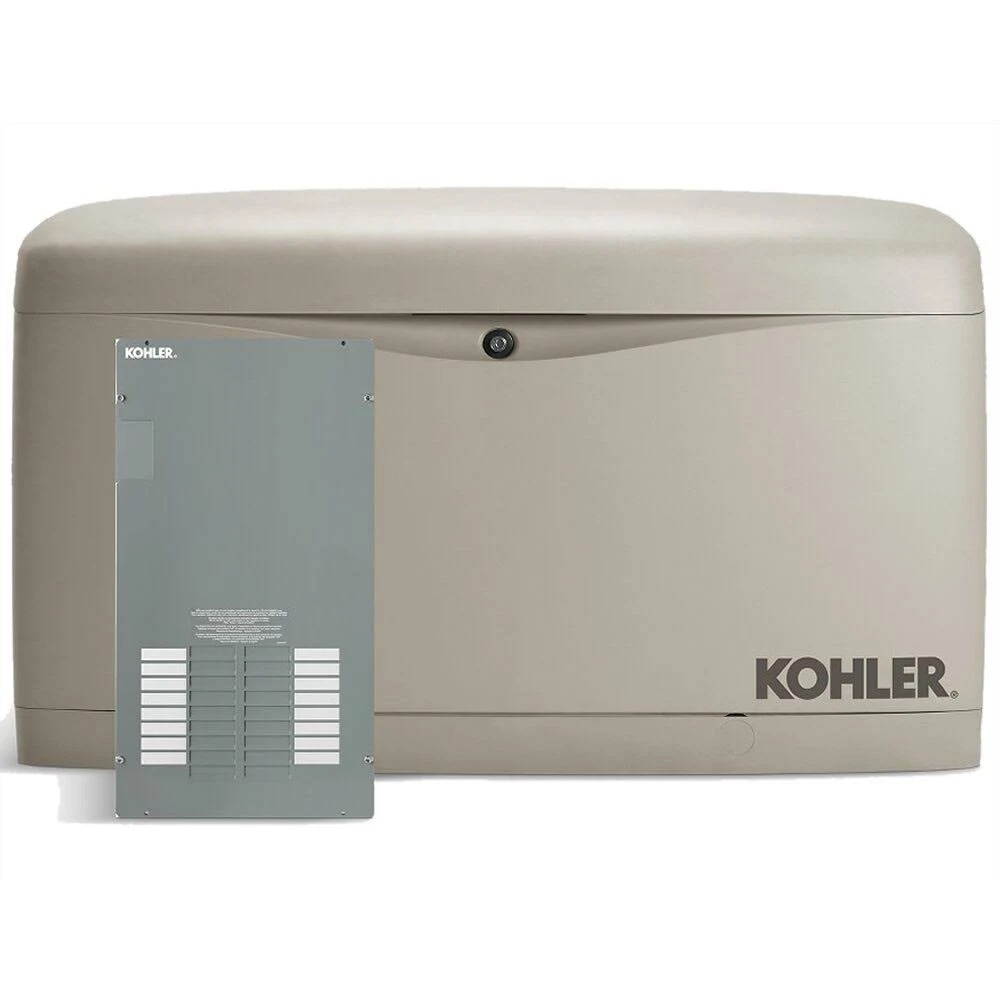
| Rating | Price | Running Watts | Starting Watts | Noise Levels |
|---|---|---|---|---|
| 4.7/5 | $2,155 | 16000 | 20000 | 70 dB |
The Kohler 20RESCL is a reliable and durable storm generator. It has a four-cycle, 20,000-watt engine with a 16-gallon fuel tank that allows it to run for up to 8 hours. The generator has an automatic voltage regulator that prevents power fluctuations, and it is designed to run quietly at 70 dB. The unit is also easy to operate and maintain, making it a great choice for those who need to be ready for the next storm.
5. Cummins RS20A
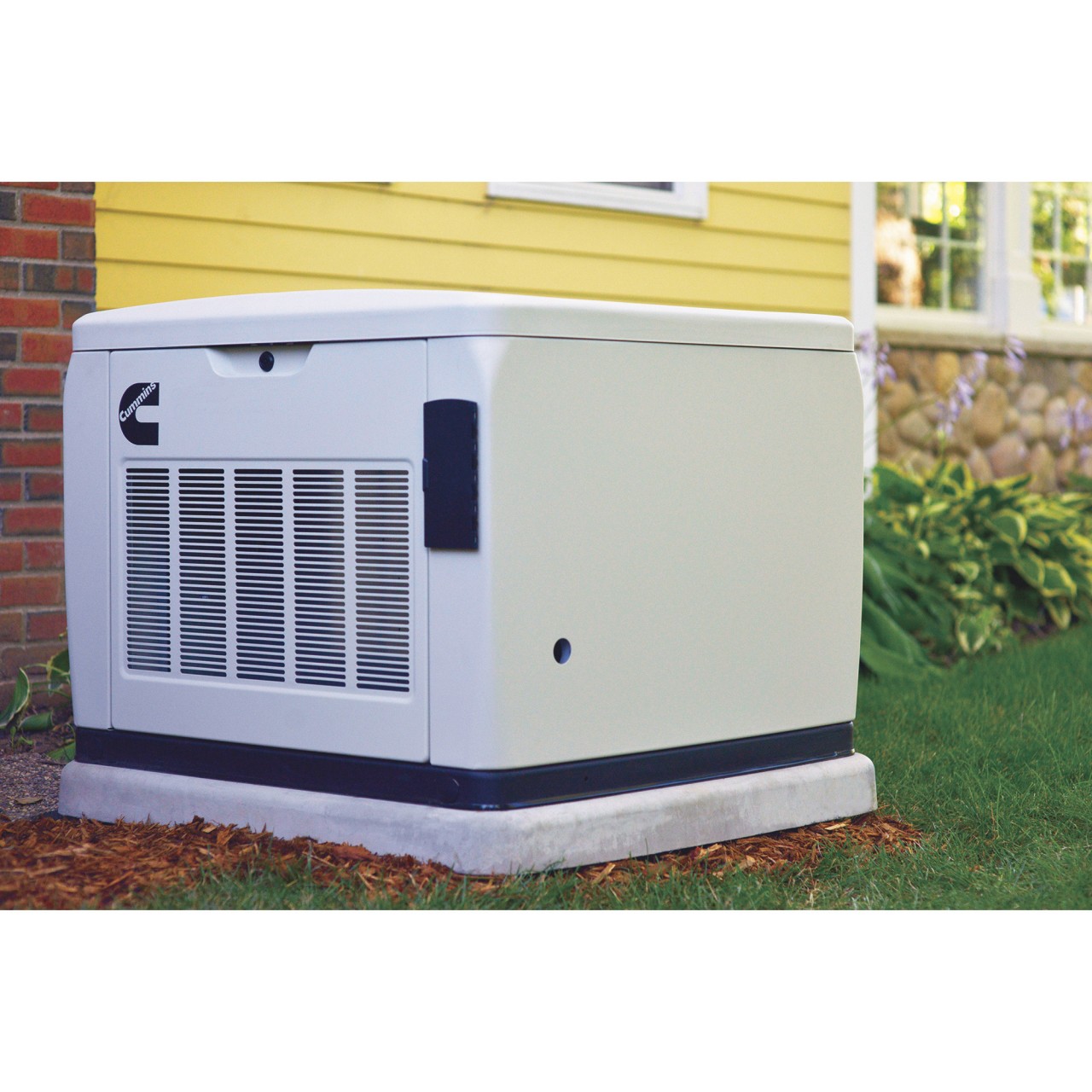
| Features | Specifications |
|---|---|
| 20kW/25kVA Standby | 120/240V Single Phase |
| 17.5kW/21.9kVA Prime | 120/208V Three Phase |
| EPA Certified | Voltage Regulation: ±1% |
| Voltage Regulation: ±1% | Sound Level: 68 dB(A) @ 7m |
| Sound Level: 68 dB(A) @ 7m | Fuel Tank Capacity: 53 Gallons |
| Fuel Tank Capacity: 53 Gallons | Run Time: Up to 78 Hours |
Cummins RS20A is a reliable and efficient storm generator offering 20kW/25kVA standby and 17.5kW/21.9kVA prime power. It is EPA certified and has a voltage regulation of ±1%. Its sound level is 68 dB(A) @ 7m and it has a fuel tank capacity of 53 gallons, giving up to 78 hours of run time.
Pros and Cons of Using a Storm Generator
Pros:
• A storm generator can provide reliable, on-demand energy, allowing you to power up devices during a power outage.
• A storm generator is portable, allowing you to take it with you wherever you go in case of an emergency.
• Storm generators are generally fuel efficient, allowing you to save money on energy costs.
• Storm generators are relatively quiet compared to other types of generators, making them suitable for use in residential areas.
Cons:
• Storm generators require regular maintenance, such as changing the oil and spark plug, to keep them running smoothly.
• Storm generators are costly upfront, making them a financial burden for some.
• Storm generators emit carbon monoxide, making it important to use them in well-ventilated areas.
• Storm generators can be dangerous if used improperly.
Safety Considerations When Using a Storm Generator
- Always read and follow the manufacturer’s instructions carefully.
- Make sure to use the generator in a well-ventilated area.
- Do not overload the generator. Know the wattage of each appliance you are using.
- Keep the generator away from combustible materials.
- Never operate the generator indoors.
- Never refuel a running generator.
- Make sure the generator is off and cool before refueling.
- Wear protective gear when handling the generator.
- Keep children away from the generator.
- Store fuel for the generator in a safe, sealed container.
- Respect any local laws or regulations regarding generator use.
Frequently Asked Questions
What is the best home generator for hurricane season?
When shopping for a home generator for hurricane season, it is important to consider your power needs, fuel type, cost, noise level, and size. A good generator should be able to power your home during a power outage, have an extended run-time, and have a low noise level. Propane and natural gas generators are the best for hurricane season because they are more reliable and easier to maintain than gasoline generators. Additionally, some generators come with extra features such as surge protection, remote start, and dual fuel capability. When purchasing a home generator, be sure to do your research and find one that meets your power needs and budget.
What is the best hurricane generator?
Hurricane generators are a great way to prepare for a storm. They provide a reliable and consistent source of energy, even when the power grid goes down. When choosing the best hurricane generator for your needs, there are some important factors to consider such as size, fuel type, portability, and noise level. The most popular hurricane generators are gas-powered, as they are more powerful and less expensive than diesel generators. However, they can be more noisy and require frequent refueling. Portable generators are also an option, as they are more compact and easier to move around. They may not be as powerful as gas-powered generators, but they are very convenient. Lastly, noise levels should also be considered, as some generators can be quite loud.
What is the Best Storm Generator?
A storm generator is a powerful device used to simulate conditions like thunderstorms, hail, lightning, and high winds in a laboratory environment. The best storm generator is a tool that accurately reproduces a wide range of weather conditions, is reliable and safe to use, and can be customized to fit the needs of the user. It should also be easy to use and maintain, with a user-friendly interface and well-written instructions.
What is the Best Generator for Hurricane Season?
When preparing for hurricane season, one of the most important things to consider is having a reliable generator. Generators can provide power to keep essential appliances running during a storm and can be the difference between weathering the storm safely or having to evacuate. When choosing a generator, look for one that is fuel-efficient, provides enough power, and is easy to maintain. A generator with a long run time is also important to have on hand during a storm. Additionally, it is important to find a generator that is durable and can withstand high winds and rain.
What is the best portable generator for hurricane season?
A portable generator is an essential piece of equipment for hurricane season, as it can power your home when the power goes out. The best portable generator for hurricane season should be reliable, have a high wattage, and be easy to start. Look for a generator with a large fuel tank, noise-reduction technology, and an electric starter. Consider a generator with a transfer switch to ensure a safe connection to your home’s electrical system. Make sure to read the reviews and research the manufacturer’s warranty before making your purchase.
Conclusion
Storm generators are an essential part of a generator system, providing a reliable source of power during storms and other emergencies. The best storm generator for your needs depends on a variety of factors, such as size, wattage, fuel type, and cost. It’s important to consider all of these factors and research the generator models available to find the best one for you.
